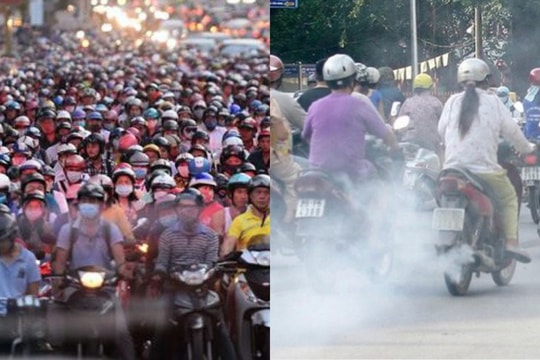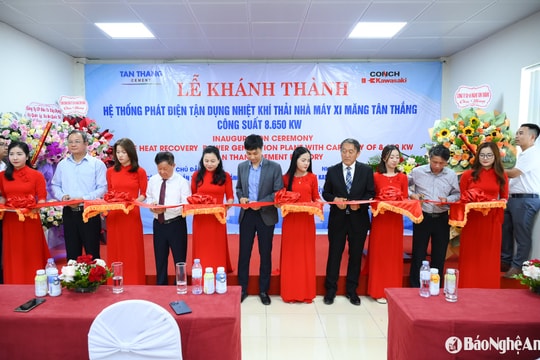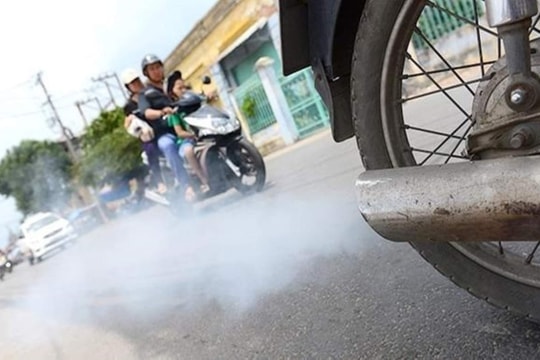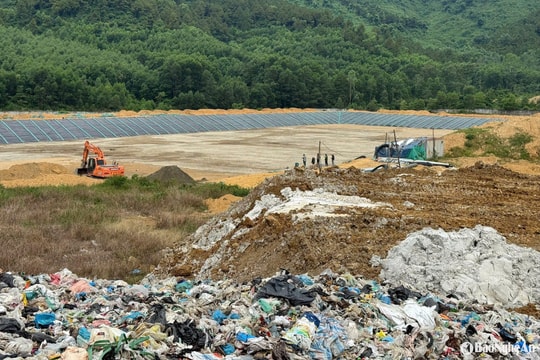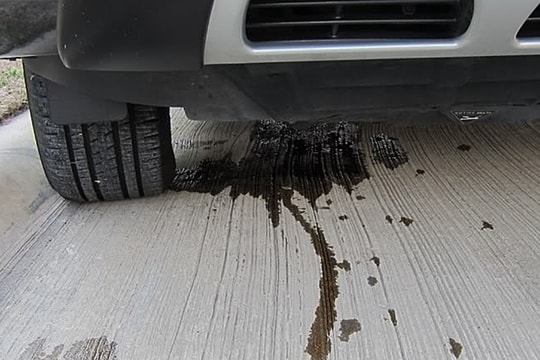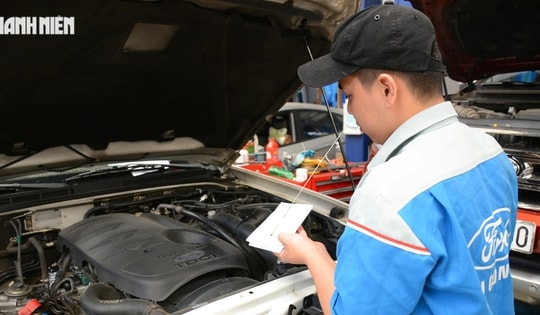Vietnamese people 'disillusioned' with cheap cars?
As the time for import tax on completely built-up cars to be reduced to 0% approaches, the "dream" of buying a cheap car for the majority of consumers is almost over.
Most Vietnamese consumers have the “dream” of buying cheap cars when the import tax on completely built-up cars is reduced to 0% early next year. However, will this “dream” become a reality when there are new policies changing in the car market?
The development of the automobile market since the beginning of the year shows that businesses have continuously launched stimulus measures by offering promotions, incentives, and direct discounts on car prices to get ahead of the market, but the number of cars sold is stagnant.
According to the Vietnam Automobile Manufacturers Association (VAMA), after many consecutive months of fluctuating sales in the entire market, monthly sales tend to decrease more than increase.
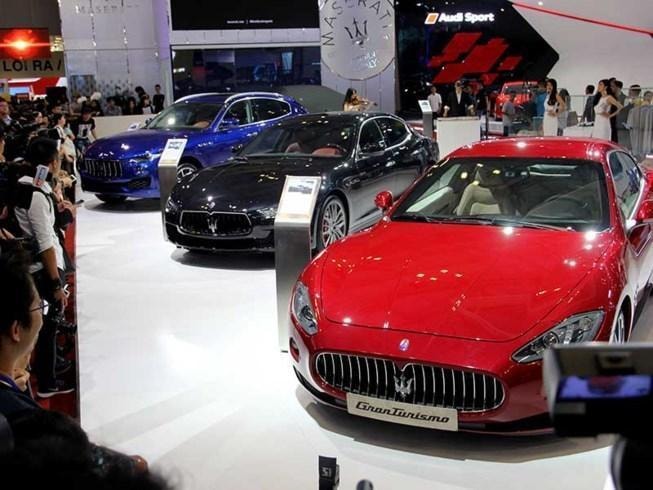 |
| Consumers are waiting until early 2018 to buy cheap cars when the import tax on completely built-up cars is reduced to 0%. |
Developments from the beginning of the year until now show that almost 100% of car brands, whether domestically manufactured or officially imported in Vietnam, have implemented discount programs from tens to hundreds of millions of VND, even for car models that are selling well to boost year-end sales.
According to business experts, although businesses have reduced car prices, consumers still have the mentality of waiting for prices to drop further before deciding to buy a car or waiting until early 2018 to buy cheap cars when the import tax rate for completely built-up cars is reduced to 0%.
However, as the time for import tax on completely built-up cars to be reduced to 0% approaches, the "dream" of buying a cheap car for the majority of consumers has almost come to an end.
Along with the addition of the list of price lists for calculating registration fees for cars and motorbikes that the Ministry of Finance is applying, the prices of some car models have also increased significantly. Decree 116/2017/ND-CP on conditions for production, assembly, import and business of car warranty and maintenance services, which has just been issued, has also stipulated many more stringent conditions.
Specifically, regarding the business conditions for importing cars, Decree 116/2017/ND-CP clearly states: Imported unused cars must be inspected by the quality management agency according to regulations for each imported car batch. The representative car model of each car type in the imported car batch must be inspected and tested for emissions and technical safety quality according to regulations.
In addition, regarding warranty and maintenance responsibilities, enterprises must have automobile warranty and maintenance facilities owned by the enterprise, or leased by the enterprise, or belonging to the enterprise's authorized dealer system that meets the provisions of this Decree.
Along with that, businesses are responsible for publishing information about the warranty period, warranty content and conditions, and addresses of qualified maintenance and warranty facilities according to regulations.
In particular, the enterprise must have a written confirmation or document proving that the enterprise is authorized to represent foreign automobile manufacturing and assembly enterprises to recall imported automobiles in Vietnam.
The time to get this certificate can last about two months due to the need to test drive 3,000 km of emissions and technical safety quality testing at a cost of about 100 million for each vehicle, the remaining vehicles must wait at the warehouse or outside the port.
From the time of ordering a car to the time it arrives at the port, it takes two to three months plus two months of testing, which not only slows down the delivery of the car to the customer but also increases the price of each car by hundreds of millions of dong, especially if each imported batch has many different types of cars. Thus, the price of the car only increases, not decreases.
In addition, to do business in imported cars, both new and used cars, enterprises must have "a written confirmation or document proving that the enterprise is authorized to represent foreign automobile manufacturing and assembling enterprises to recall imported cars in Vietnam", which is actually more difficult than the authorization letter as an importer and distributor as stipulated in Circular 20 before.
Enterprises believe that the regulations requiring a commitment from the vehicle manufacturer are an impossible condition for small-scale import and distribution enterprises, and that only joint ventures representing in Vietnam can do this.
Thus, the door to car import for small and medium enterprises is completely closed, small and medium enterprises have to stay out of the game and only joint ventures are "alone in the market" in the Vietnamese market...
According to Tin Tuc Newspaper
| RELATED NEWS |
|---|

